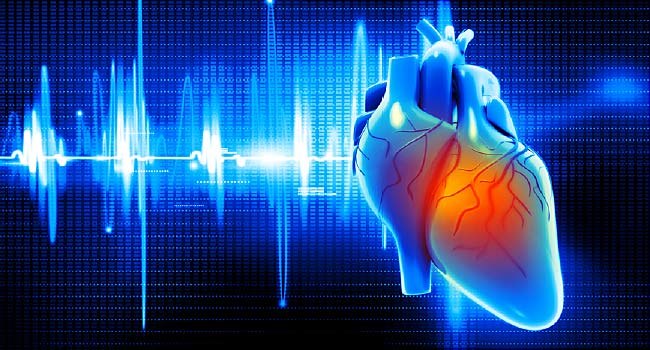A report from the Centers for Disease Control (CDC) revealed that at least one person in the USA suffers from a heart attack every 40 seconds. There is good news: A lot of Americans who have a heart attack every year are somehow able to survive and move on with their lives. The bad news: Heart attacks are deadly.
There are a lot of people who are at a higher risk of having heart-related ailments. It might be due to genetics, obesity, or if you have poor health habits. If you don’t want to end up losing your life due to a fatal heart attack, you can consult a doctor in Beaver who specializes in cardiology.
Are you having a heart attack?
Heart attacks are like thieves – you do not know when they will happen. When one does occur, it can be devastating, especially for those who experience it. A heart attack can start with a simple and tolerable feeling of discomfort that you would most likely shrug off.
However, these symptoms should not be ignored, especially if it’s unusual for you to feel that way. Here are some signs that you need to watch out for:
- A feeling of discomfort in the center of your chest. If it feels like your chest is being squeezed and lasts for more than a few minutes, then it’s time to rush to the nearest hospital ASAP.
- Difficulty in breathing
- Pain the arms, neck, back, stomach, or jaw
- Nausea, dizziness, cold sweats, and vomiting
What to do when a heart attack strikes
The worst thing that could happen is a heart attack striking without warning and then there’s no one around to help you. Heart attacks can also happen to a loved one, so you must be prepared for this kind of scary situation.
- Call for an emergency. Calling for 911 is one of the first things that you have to do in case you or someone else is suffering from a heart attack. Never drive yourself to the hospital if you are experiencing a heart attack.
- If you have one at home, take a dose of aspirin as it can help slow down blood clotting during heart attacks.
- If you are the one suffering from a heart attack and you are at home, lie down near the door entrance so that the 911 responders can easily see and attend to you.
- Don’t rely on so-called “fast” heart attack medications as these might have dangerous side effects that can make the situation worse.
Lessening the risk of heart attacks
Aside from these first-aid action steps, you should adjust your lifestyle for the better. Here are ways to decrease your risk of having heart attacks:
- Keep your cholesterol, high blood pressure, and sugar levels in check.
- Maintain a healthy weight through proper diet and regular exercise.
- Learn to relax and handle everyday stress through proper breathing techniques or having a vacation somewhere.
- Avoid smoking and excessive alcohol intake. Take supplements regularly.
Heart attacks can be a frightening experience. But the given pointers can help you manage the situation in case it happens to you or someone you know.

Leave a Reply